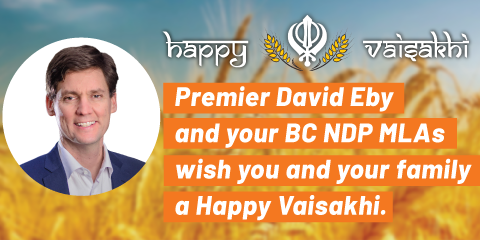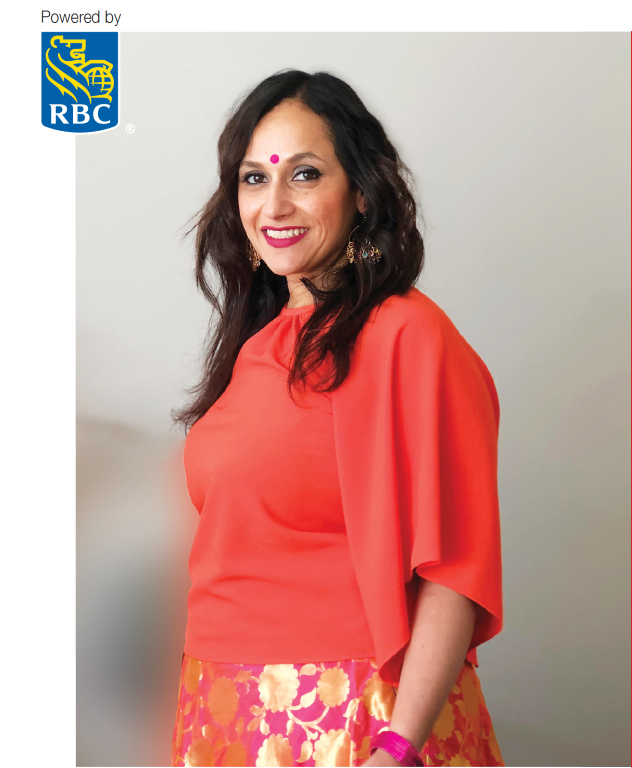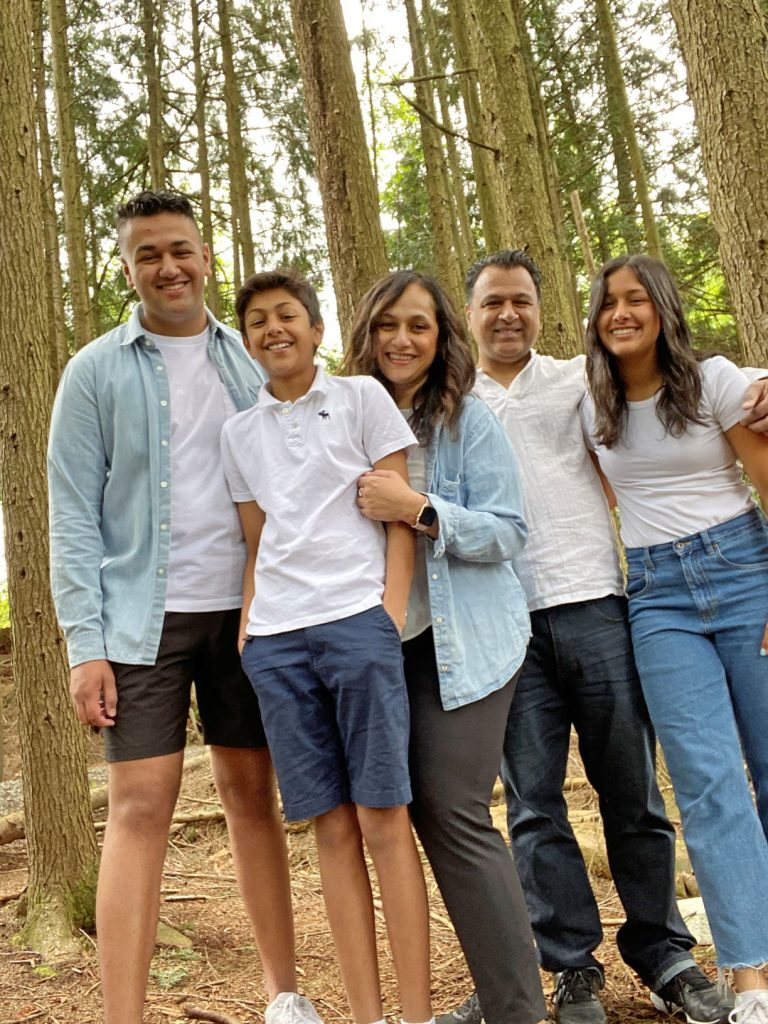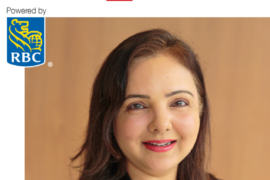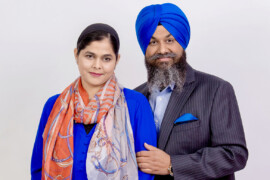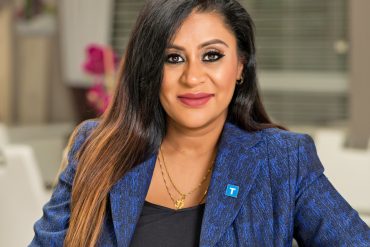BY JOSE M LEE
Pardeep Purewal is the daughter of Punjabi farmers and that is where her work ethic comes from. She was driven by their struggles and sacrifices for a better life.
She began her career as a Co-op student with the Province in the Ministry Responsible for Multiculturalism. Later, she progressed to a Director level, resulting in an enriching career in the provincial government in the anti-racism, human rights, victim services, and crime prevention sectors. For the last ten years, she has had a rewarding role as a Communications Manager with a local municipality.
Her early inspirations were in the anti-racism and human rights sector— working with fearless anti-racism community advocates and leaders at the BC Human Rights Commission in early 2000’s. “We made some bold changes and great advances in human rights and anti-discrimination policies, programs, and education,” Pardeep recalls. “The Commissioner’s motto was we’re here for a short time, so let’s make it worth it. The blueprint for social justice and equality is written but we need the political and social will.”
Admittedly, when Drishti asked her for this article, she thought, “Why me?” As a communications professional, her job is to promote others. “But why not me?” she reflects the story and experience of many second-generation South Asian women born or raised in Canada—well-educated and leaders in their professions.
“We grew up in extended families where family honour was everything and patriarchy prevailed. As young women and beyond—our elders often told us– ‘lokey kee kange’ (what will people say), ‘thanu kee patha’ (what do you know) or ‘morae nee bolnah’ (don’t talk back), and our voices were silenced. And outside of our homes, we were othered for our differences.”
“It’s not easy for visible minority women to speak up, but it’s time for us to be heard. Our voices sound different and don’t come with privilege but have power through our stories. KNOW YOUR WORTH,” she emphasizes. “And let’s not pass on the voices of limitations to our daughters.”
Many of her senior leaders valued her worth throughout her career. They saw in her what she always did not see in herself. Despite working hard and earning their worth—visible minority women aren’t always given the recognition we deserve.
“I lead my team with collaboration and compassion,” she elaborates, “I treat everyone as a human being. I take the time to get to know them beyond work. People give more when they feel they matter and are respected – a learning from my dad.”
Her demanding job never became an object to put her family first. “When the kids were younger, the help of our village– grandparents, friends, and family got us through,” she reminisces. “My husband helps a lot around the house and now our kids do as well.
Pardeep elucidates: “The greatest gift my family gave me was education which set the foundation for a strong career and thinking critically.” She also recommends to build a squad of supportive women to cheer you on and get you through the good, bad, and ugly.
She believes that inclusion is a fundamental right, and workplaces should reflect the full spectrum of diversity, including gender, age, abilities, orientation and ethnicity. Diversity enriches humanity and makes us learn new ways of leading.
“Growing up, I saw my mom—a powerless mother of three daughters—who gained her status in the family after having a son. I wanted her to be stronger, to speak up more, but it was her journey,” she said.
But through the years, Pardeep’s respect for her mother has grown, for living her life with grace, strength, integrity, and enduring more than Pardeep could have. “I saw her courage through the tragic loss of my brother,” Pardeep reflects. “And while suffering, she still found ways to give of herself nurturing, comforting, and celebrating others. And now, she has found her voice and power in her way. She even has my dad helping around the house.”
Pardeep is strong because of her mother. And now, she has raised a daughter that is stronger than her. She is growing without the same limitations, and definitely, no voices in her head telling her otherwise. She challenges, she questions, she speaks with confidence. She knows her worth, as she should. She is strong.

